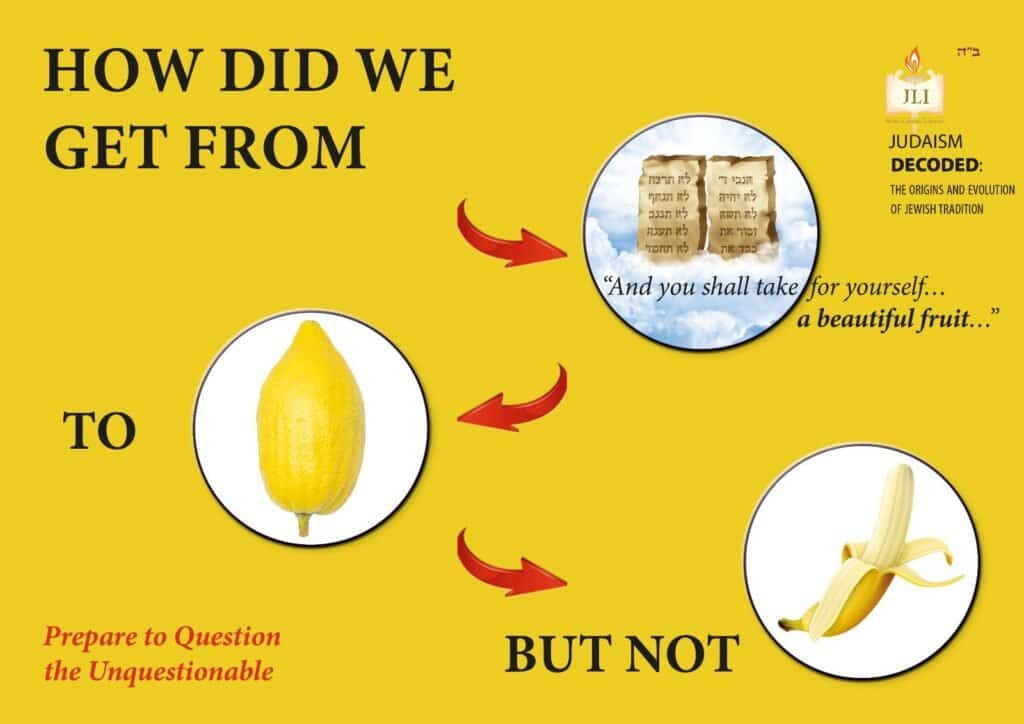On Asarah B’Tevet, observed this year on December 22, 2023, the Jewish community commemorates a pivotal moment in history—the siege of Jerusalem by the Babylonian emperor Nebuchadnezzar. This event, occurring on the 10th day of the Jewish month of Tevet in the year 3336 from Creation (425 BCE), marked the beginning of a chain of tragic events leading to the destruction of the Holy Temple and the exile of the Jewish people.
Why Do We Fast?
Asarah B’Tevet is a day of fasting, mourning, and repentance. The fast, lasting from daybreak to nightfall, is a solemn observance recalling the siege and its aftermath. This unique fast is even observed on a Friday, though it may disrupt Shabbat preparations.
What’s Commemorated?
The day not only recalls the siege of Jerusalem but also signifies the start of events leading to the Temple’s destruction and the subsequent exiles. It serves as an opportunity for self-reflection and unity among the Jewish people.
Additional Tragic Events
As if to compound the sadness of Asarah B’Tevet, two other tragic events are commemorated around the same time:
- 8 Tevet: Translating the Torah Into Greek In 246 BCE, attempts to translate the Torah into Greek by the ruling Egyptian-Greek emperor Ptolemy resulted in 72 identical translations. Despite the miraculous nature, this event is viewed as a dark day in Jewish history, akin to the day of the golden calf.
- 9 Tevet: Passing of Ezra the Scribe Ezra the Scribe, a key figure in Jewish history, passed away on the 9th of Tevet in 313 BCE. His contributions include leading the return of the Jewish people to the Land of Israel, overseeing the building of the Second Temple, and canonizing the Holy Scriptures.
How to Observe Asarah B’Tevet
The day involves specific changes in prayer and liturgy:
- Morning and afternoon services include special prayers and Torah readings.
- The Selichot, a collection of verses and dirges, are added during the post-Amidah Tachanun.
- Torah readings include passages from Exodus and a haftarah from Isaiah.
- Aneinu, a special supplication, is recited during the Amidah.
- Kaddish is said for Holocaust victims, whose martyrdom dates are often unknown.
Fasting Exception on Shabbat
While ordinarily fasting on Shabbat is prohibited, Asarah B’Tevet is an exception. This fast empowers individuals to rectify historical wrongs and serves as an opportunity to address the root cause of the exile—causeless hatred among Jews.
Conclusion: A Day of Unity and Reflection
As we observe Asarah B’Tevet this year, let us reflect on the historical significance of this day and work towards fostering unity within the community. Through self-reflection and acts of kindness, we can honor the memory of the past and strive for a future of harmony among the Jewish people. Wishing everyone an easy, meaningful, and effective fast on this Asarah B’Tevet.



